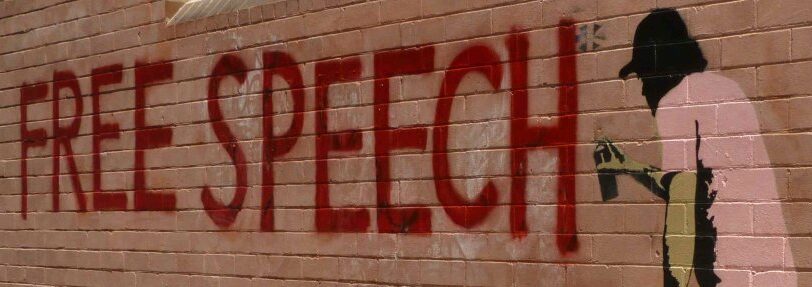By Ron Forthofer for the Palestine Chronicle
Israel is waging an intense campaign against the Boycott, Divestment and Sanctions Movement, a nonviolent campaign called for by Palestinian civil society in 2005. This Movement was modeled on the campaign against South African Apartheid.
Palestinians felt compelled to issue the call for a BDS campaign since previous international efforts to convince or force Israel to comply with international law had failed.
The Movement holds that the nonviolent punitive BDS measures should be maintained until Israel meets its obligation to recognize the Palestinian people’s inalienable right to self-determination and fully complies with the precepts of international law. For more information about the overall effort, visit the BDS website.
Israeli officials are concerned that the BDS movement will be successful in calling more attention to gross Israeli violations of Palestinian human rights and international laws. Israel responded by falsely claiming that the BDS Movement is anti-Semitic and that the goal of BDS is to delegitimize Israel.
Almost 10 years ago, M.J. Rosenberg wrote a column in the Los Angeles Times that put this discussion of legitimacy into perspective. Rosenberg wrote about pro-Israel organizations talking about delegitimization:
“They are trying to divert attention from the intensifying world opposition to the occupation of the West Bank and to the blockade of the Gaza Strip, both of which, by almost any standard, are illegitimate. They are trying to divert attention from the ever-expanding settlements, which are not only illegitimate but illegal under international law. They are trying to divert attention from the ever-louder calls for Israel to grant Palestinians equal rights.”
“It’s not the Palestinians who are delegitimizing Israel, but the Israeli government, which maintains the occupation. And the leading delegitimizer is Netanyahu, whose contemptuous rejection of peace is turning Israel into an international pariah.”
In addition, Israel’s 2018 passage of the Jewish nation-state law brought widespread condemnation for its blatant discrimination against Palestinian Israelis. Moreover, B’Tselem, a well respected Israeli human rights organization, recently concluded that the current Israeli regime is an apartheid regime. These recent events provide more evidence that the damage to Israel’s image is self-inflicted.
The other false claim mentioned above is that BDS is anti-Semitic. Israel has created a huge and well-coordinated campaign to prevent legitimate criticism of its policies by conflating anti-Semitism with criticism of Israel. For example, the campaign has caused a number of European nations to accept the International Holocaust Remembrance Alliance’s (IHRA) working definition of anti-Semitism. This definition is supplemented with eleven examples including several that include speech about Israel.
Last year, President Trump signed an executive order using this working definition to target anti-Semitism on college campuses. Kenneth Stern, one of the drafters of the IHRA definition, said that the definition was being misused and was not designed to be used as a formalized enforceable definition. Despite his concern, social media companies have also been pressured to take down pro-Palestinian sites based on the use of the IHRA’s definition of anti-Semitism in their examination of comments.
As someone who is concerned about hostility to, prejudice or discrimination against Jews, I believe this conflation of legitimate criticism of Israeli policies with anti-Semitism is a dangerous strategy that could backfire terribly. This campaign runs roughshod over the idea of free speech and, perhaps more importantly, undercuts the impact of the charge of anti-Semitism due to its being so badly misused.

